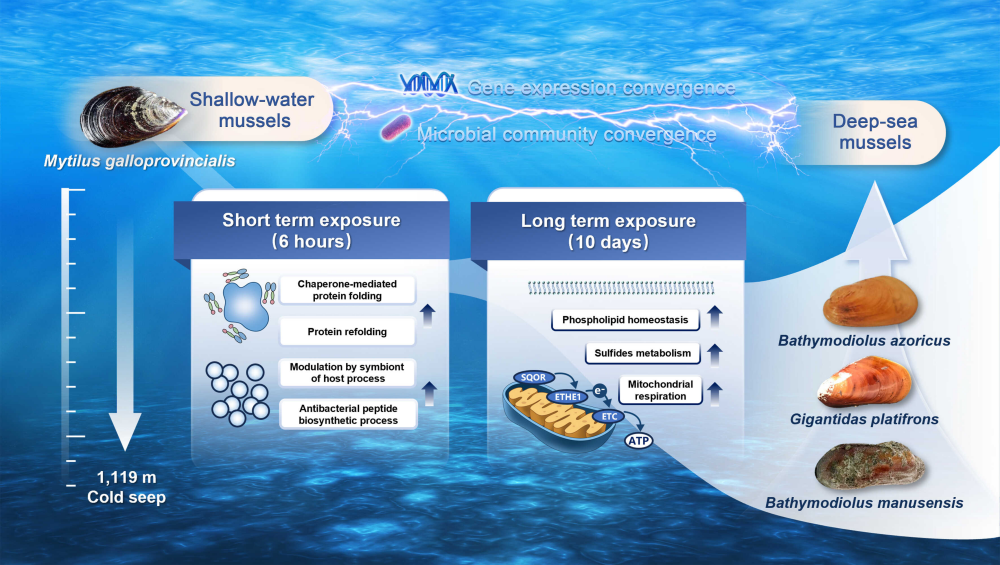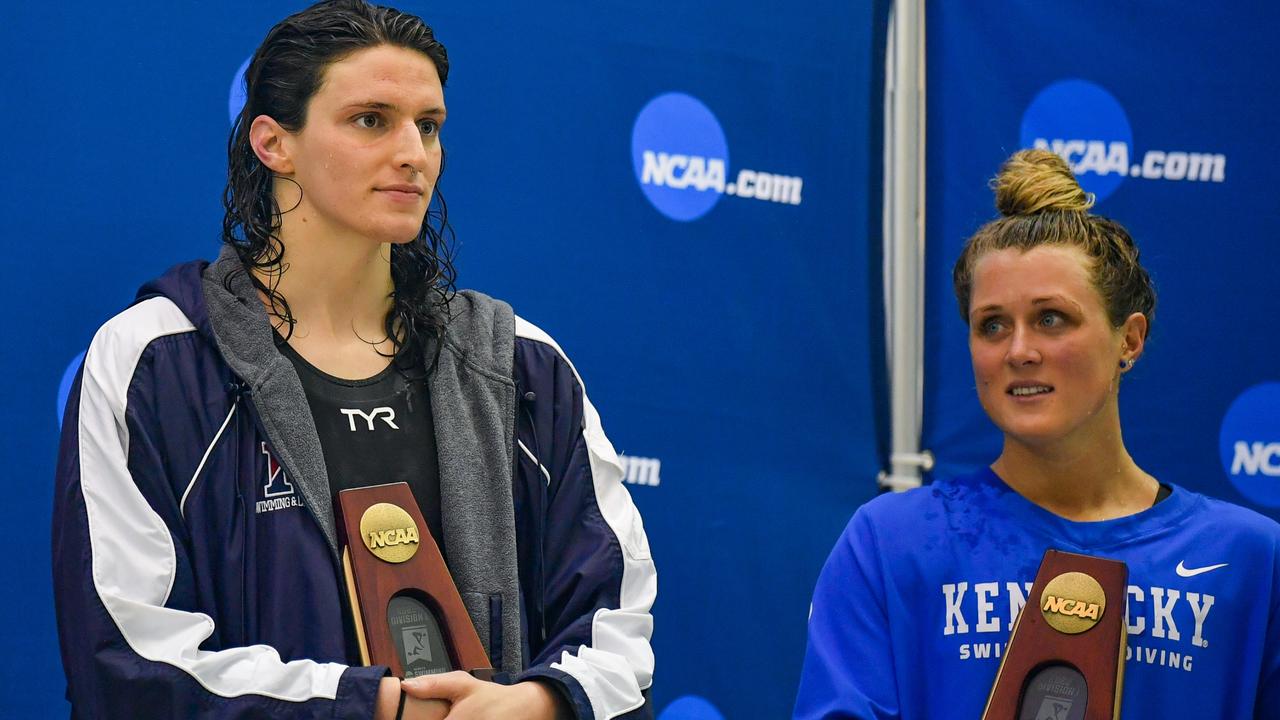Insights into Shallow-Water Mussels Adapting to Deep-Sea Environments

A study by researchers from QIBEBT and the Institute of Oceanology reveals how shallow-water mussels adapt to deep-sea environments, highlighting genetic and microbiome interactions.
Researchers from the Qingdao Institute of Bioenergy and Bioprocess Technology (QIBEBT) and the Institute of Oceanology, both under the Chinese Academy of Sciences, have discovered new insights into how marine organisms adapt to extreme deep-sea environments.
Their study, published in Communications Biology, investigates the transcriptional and metagenomic changes in shallow-water mussels (Mytilus galloprovincialis) exposed to deep-sea conditions at a depth of 1,119 meters in the Site-F cold seep of the South China Sea.
The deep sea, covering over 90% of Earth's oceanic surface, is now recognised as a biodiversity hotspot. Many deep-sea species are thought to have evolved from shallow-water ancestors, making their adaptations critical to marine biology research.
Using innovative in situ sampling and fixation techniques, the researchers minimised stress-induced changes during sample retrieval, enabling accurate capture of the mussels' adaptation responses.
In this study, the researchers conducted comprehensive analyses using publicly available datasets. They discovered complex gene expression adjustments in stress response, immune defense, homeostasis, and energy metabolism pathways during adaptation.
After 10 days of exposure to deep-sea conditions, the shallow-water mussels and their microbial communities exhibited significant similarities to native deep-sea mussels, indicating a remarkable host-microbiome convergence in response to adaptive shifts.
Notably, methanotrophic bacteria—key symbionts in deep-sea mussels—became dominant in the exposed shallow-water mussels. This shift correlated with changes in gene expression related to immune response and endocytosis, highlighting a synergistic relationship between the mussels and their symbionts.
“Our study sheds light on the complex interactions between host genetic regulation and microbiome dynamics during adaptation to extreme environments,” said Prof. SUN Luyang, the lead author of the study.
This research enhances our understanding of how marine organisms and their microbial partners adapt to deep-sea challenges, with important implications for biodiversity conservation and ecological research.
















)

